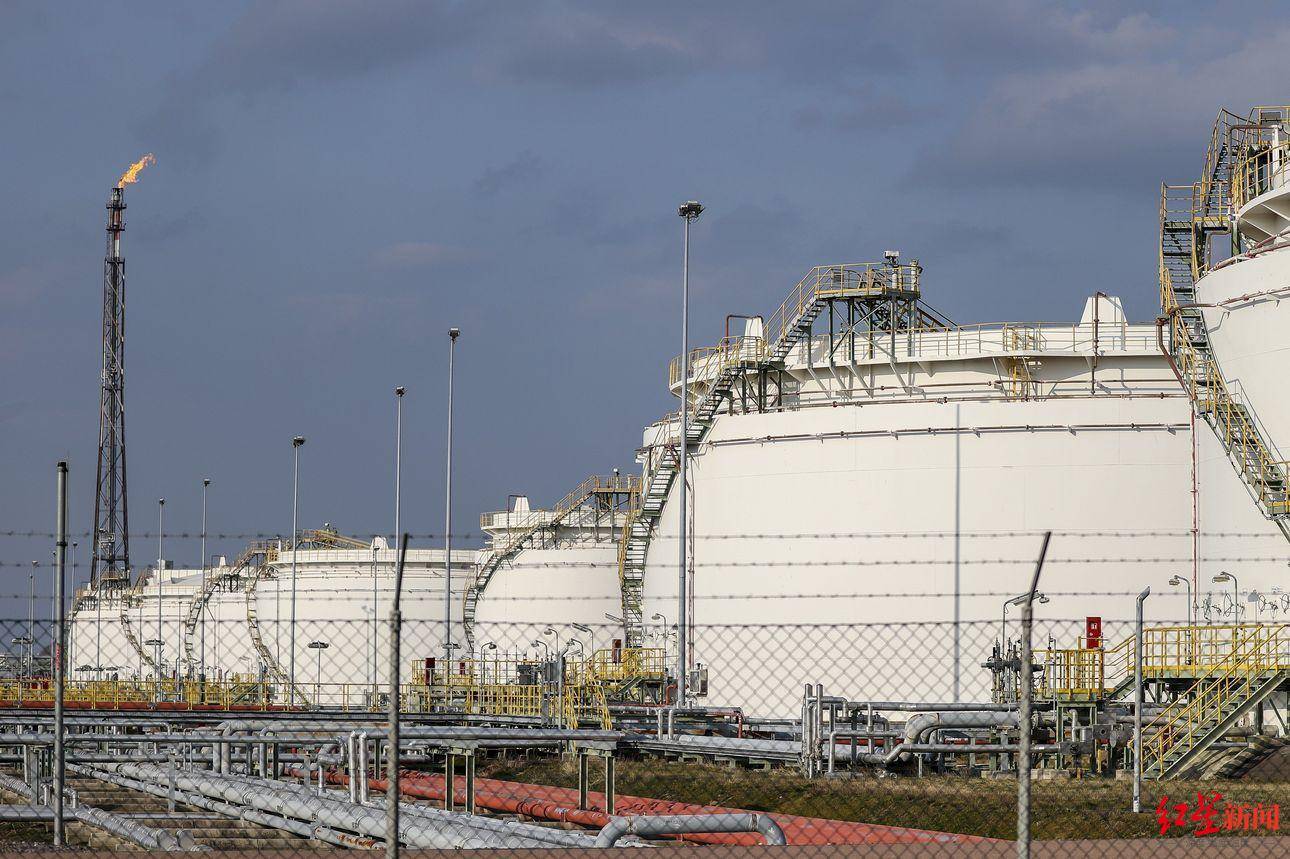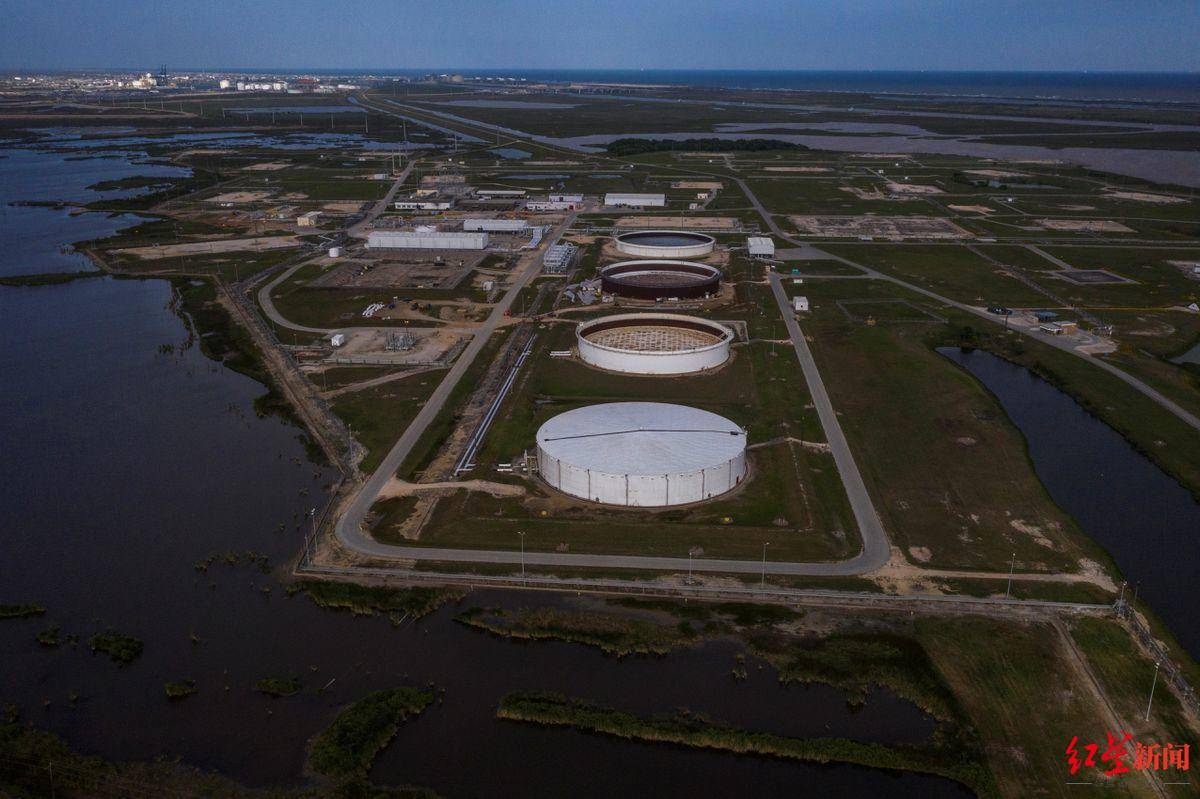According to CCTV news reports, on April 1, local time, the International Energy Agency (IEA) issued an announcement saying that the 31 member states of the organization reached an agreement on the same day to release crude oil emergency reserves to the market again after March. The plan will be announced early next week. This is also the second time this year and the fifth time in history that the International Energy Agency has released crude oil emergency reserves. This news kept international oil prices under pressure on Friday. Among them, New York oil prices have once again closed below $100 a barrel since March 15. This week, oil prices in New York fell by more than 12%, the largest weekly decline in nearly two years.
▲A strategic oil reserve facility in Texas, USA
Members of the International Energy Agency – including the United States, much of Europe, Canada, Mexico, Japan and South Korea – agreed to release a new round of oil reserves to further push down prices. Hidechika Koizumi, director of the International Affairs Department of Japan’s Ministry of Economy, Trade and Industry, said that the member states have not reached an agreement on the release amount and will announce more details on the timing and scale of the dumping “around the next week”.
The West intends to further ease the market shock caused by the ban on oil imports from Russia. The U.S., Europe and its allies are looking to replace Russian oil with supplies from other sources, with U.S. oil companies and Persian Gulf oil majors among the main targets. But the Organization of the Petroleum Exporting Countries (OPEC) has made it clear that it will gradually increase production as planned, given that the oil market is “well balanced.” In the U.S., the Biden administration has asked oil producers to conduct more drilling operations. But it will also take months for the company to ramp up production and bring it to market.
On March 31, local time, U.S. President Biden ordered the release of its Strategic Petroleum Reserve starting in May, with the release of 1 million barrels of oil per day for the next six months. The move could release as much as 180 million barrels of oil, the largest emergency energy reserve release in U.S. history.

▲A refinery in the Leuna region of Germany, which relies on Russian crude oil
The next day, the International Energy Agency held a special meeting of its council to reach an agreement on the release of the oil reserves. According to the IEA, member countries have a total of 1.5 billion barrels of crude oil emergency reserves, but did not say how much oil will be released in this round. Biden said he expects IEA allies to agree to release 30 million to 50 million barrels of oil from their own reserves, and the exact amount will determine the decline in oil prices.
According to reports, this is the second time in just a few weeks that IEA member countries have coordinated the deployment to release oil reserves. In early March, IEA members agreed to jointly release more than 60 million barrels of oil reserves, with the United States accounting for half (30 million barrels) of that release. The release at that time had little impact on oil prices. The strong demand in the energy market after the epidemic and the escalation of the conflict between Russia and Ukraine caused oil prices to rise further.
While the release of oil from reserves should depress prices in the short term, analysts say the moves are unlikely to have a lasting impact. The analysis also pointed out that in the future, when Western countries buy oil to replenish their depleted emergency reserves, oil prices may be pushed higher again. “We do not see this as a long-term solution to the global energy crisis, nor will it address the structural imbalances in the oil market,” Mark Heifel, chief investment officer at UBS Global Wealth Management, said in a note to clients.
Red Star News reporter Ding Wen
Edited by Guo YuReturn to Sohu, see more
Editor:
Statement: The opinions of this article only represent the author himself, Sohu is an information publishing platform, and Sohu only provides information storage space services.
